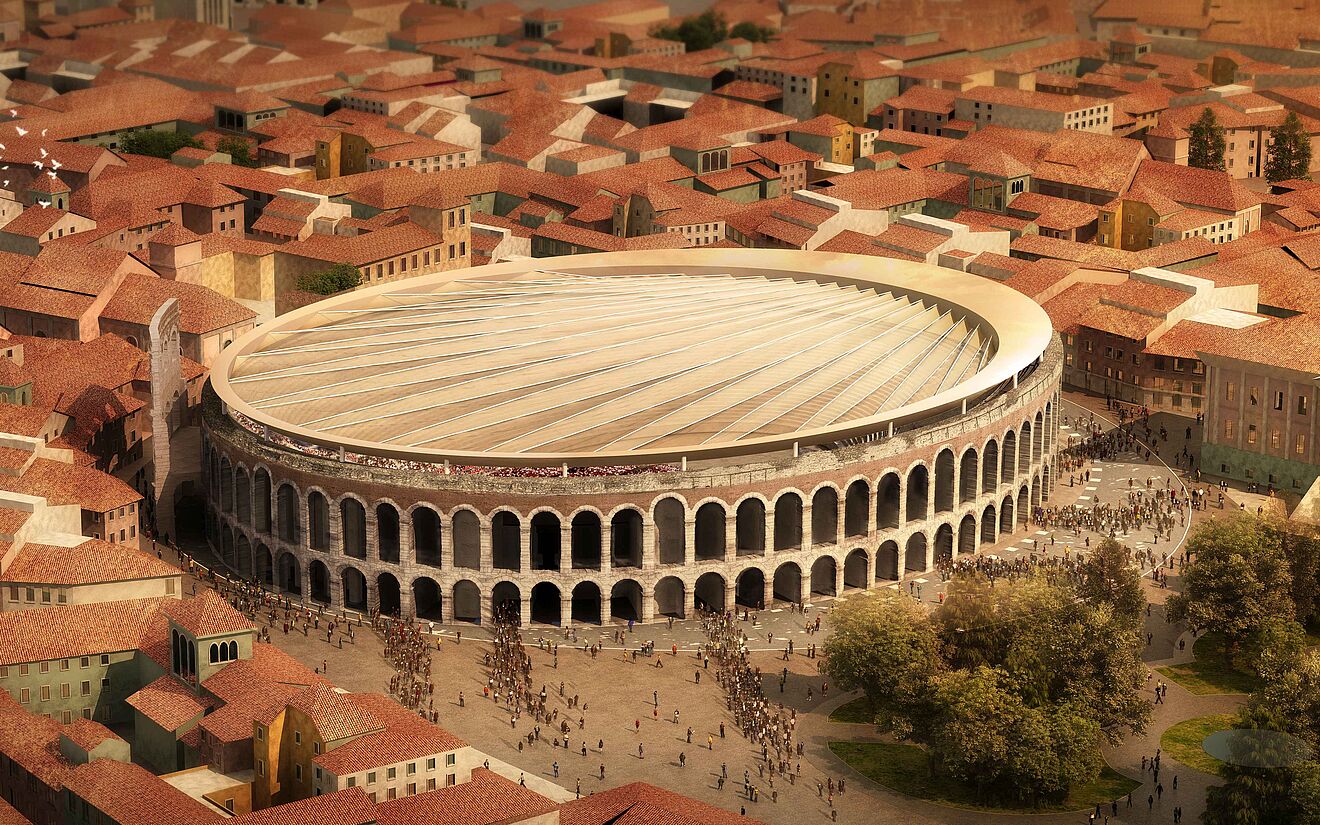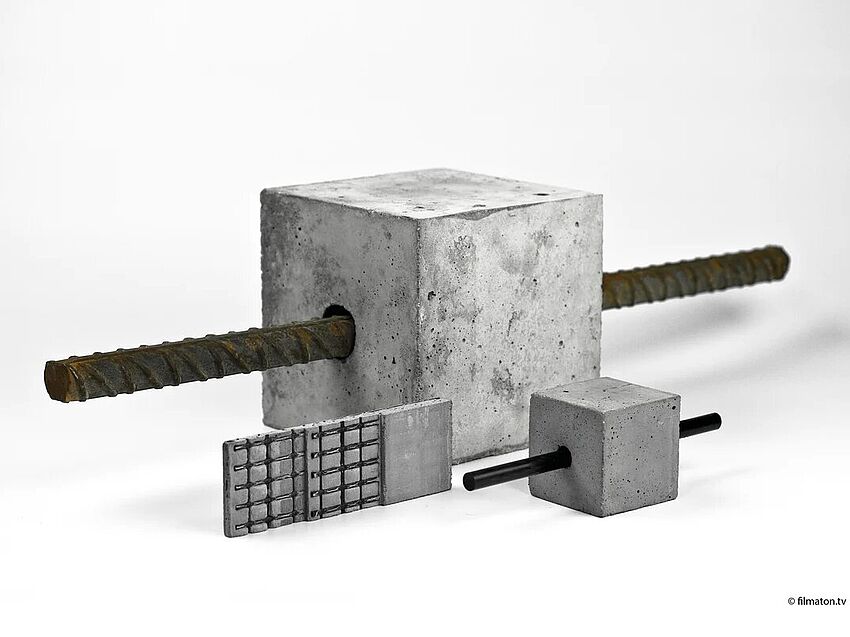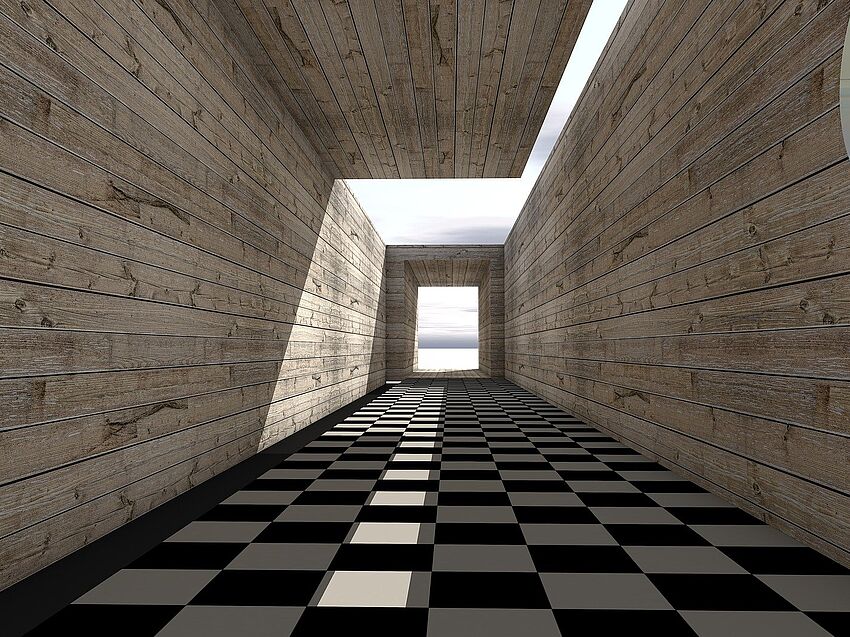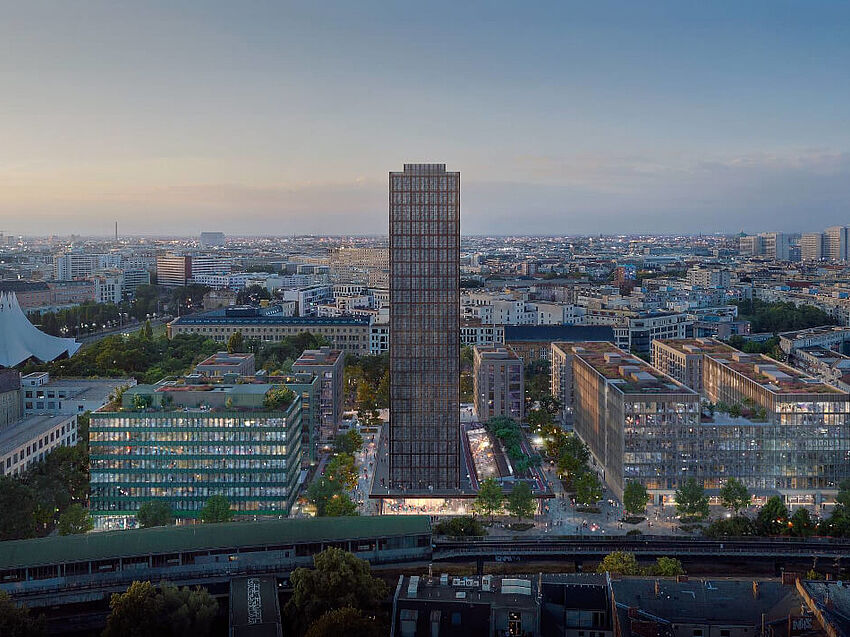Carbon concrete: building material of the future for sustainable construction
When a structure has lasted for nearly 2,000 years, this clearly speaks to its quality. However, it can hardly hurt to build it structural protection from rain and other harmful environmental influences for the next 2,000 years. The city of Verona thus decided last year to provide its arena, built in 30 AD under the emperor Tiberius, with a roof. The draft from the engineers of schlaich bergermann and partner and architects from Gerkan, Marg and Partners won the international ideas competition that was set up. The competition was funded with prize money in the amount of € 70,000 by the Verona-based leggings manufacturer Calzedonia.
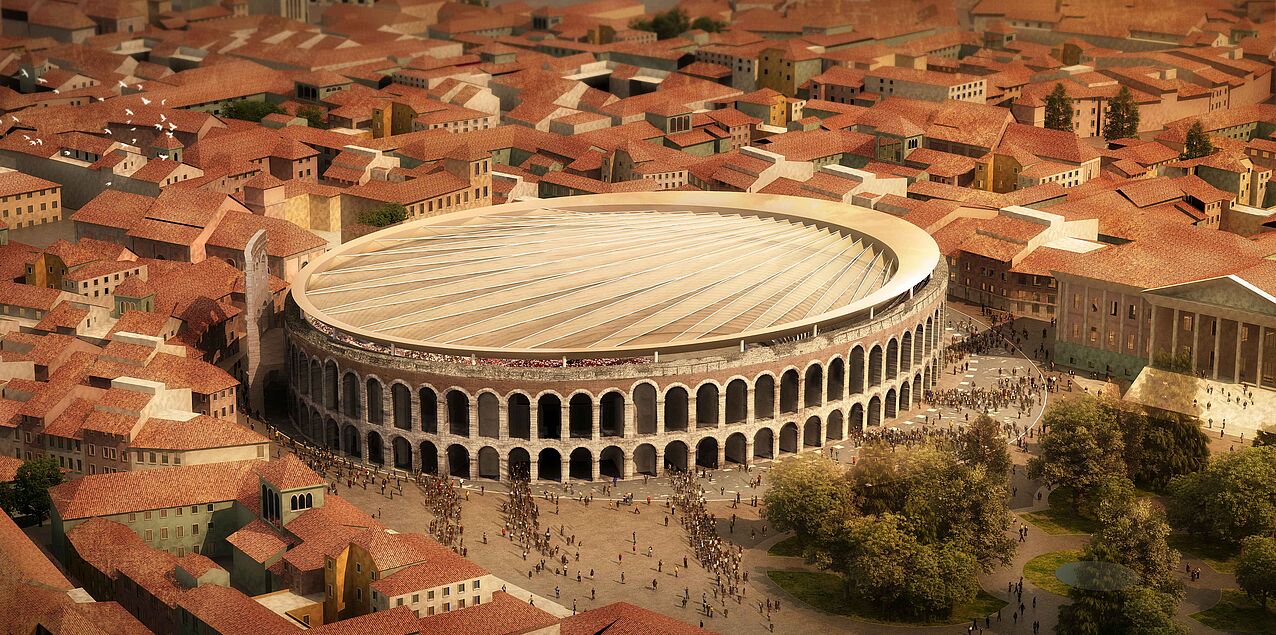
The idea to roof the ancient structure was actually not new. People in Verona have been divided about the idea of a roof for decades already. Opponents feared it would ruin the arena and cost the city huge amounts of money. In fact, the measure will not exactly be cheap at € 14 million. Half of the money will come from the UniCredit bank and the other half from the endowment from the banking foundation Cariverona. The construction work is to begin this year. The planned completion is 2018.
Sensitive Intervention
In terms of aesthetics, the Verona residents do not have to worry. It is obvious that the jury chose a sensitive design as the winner with the submission from sbp and gmp. A neatly placed pressure ring over the arena is intended as the supporting structure, which will bear a convertible membrane structure. In addition to its actual function, the ring will create space for potential additional lighting and modern stage technology. The roof itself is based on a smart interplay between a fan-shaped retractable network of cables and a membrane cover. The arena is thus made into a kind of convertible whose roof can be completely opened or closed depending on the weather.
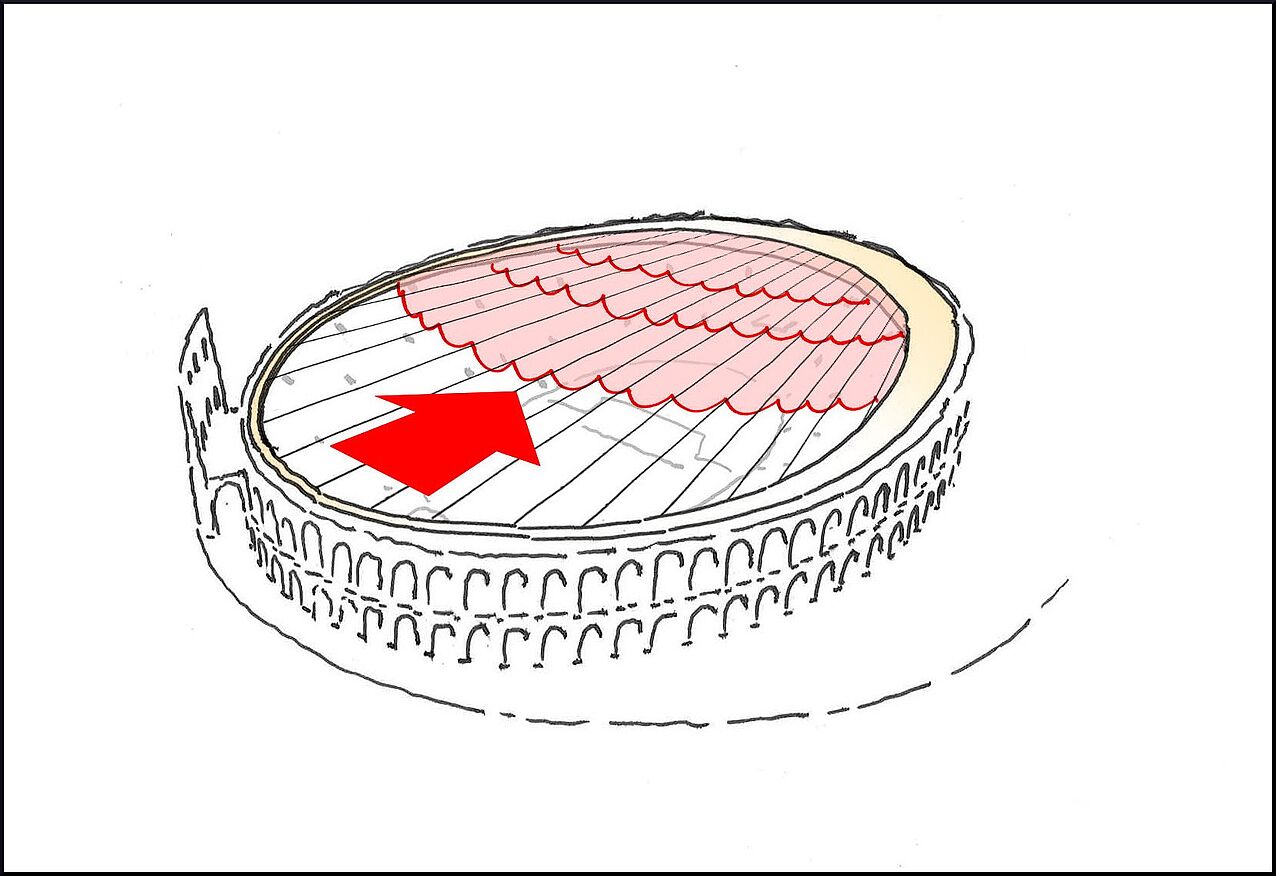
Clever Innovation
Similar retractable roofs have already been realized several times by sbp and gmp, such as in stadiums in Warsaw, Bucharest or Frankfurt am Main. Nevertheless, the Arena di Verona has a new feature. Unlike with the aforementioned examples, the network of cables here is not static, but rather is completely hidden in the supporting ring in one of the narrow ends of the ellipse when the roof is opened. When the roof is closed, the cables first move along the pressure ring . Once they have reached their final position, the membrane is radiated out along the cables in the next step.
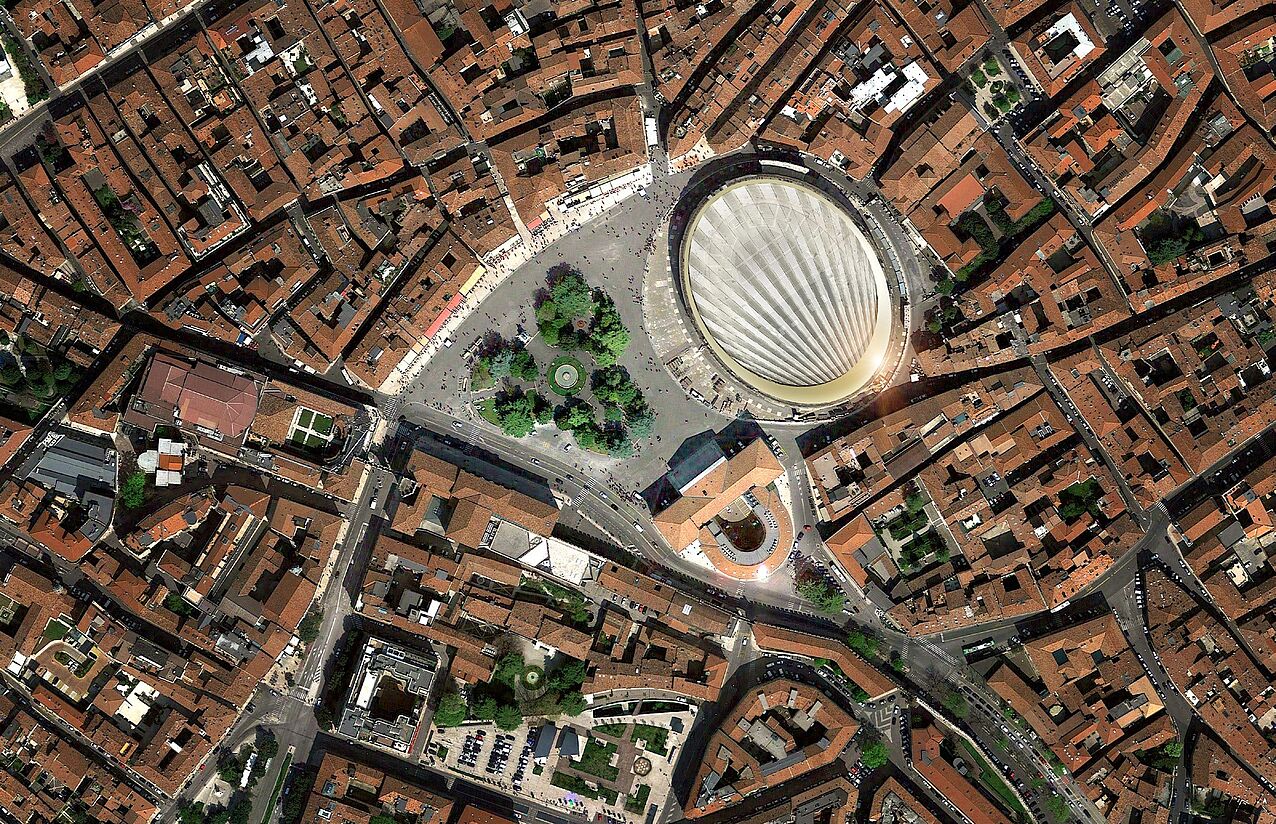
Conclusion
The design from sbp and gmp is impressive in several regards. Firstly, it is an extremely sensitive intervention, which lies almost weightless on the ancient structure. Secondly, it is a unique new structure, which could be pioneering for future projects. Regardless of the design, a roof over the Arena di Verona is not just protection for the UNESCO World Heritage Site. On top of that, it will hopefully keep the foundation, which operates the arena as an open-air opera, from bankruptcy. Thanks to the roof, the weather-dependent short schedule of events could be significantly extended and thus allow for greater revenue.
